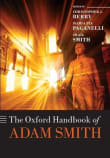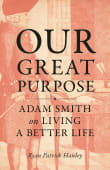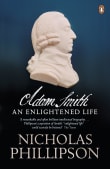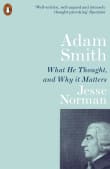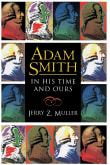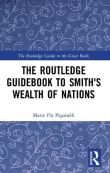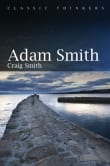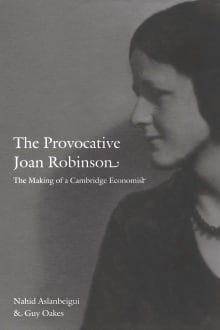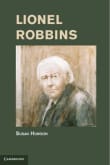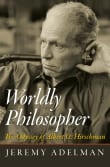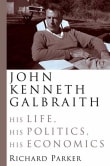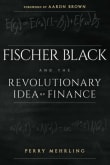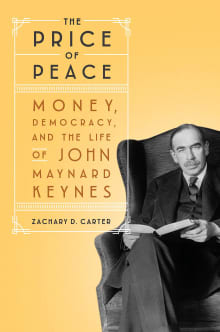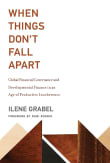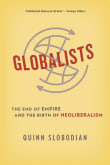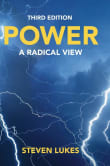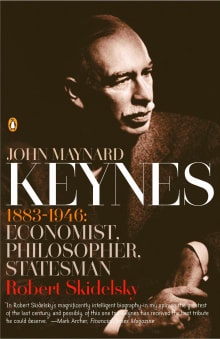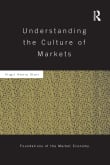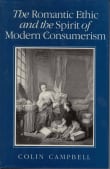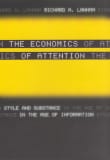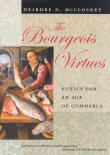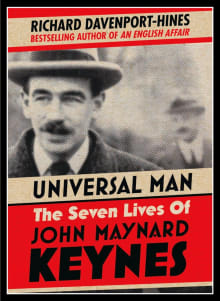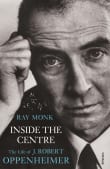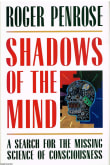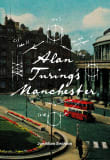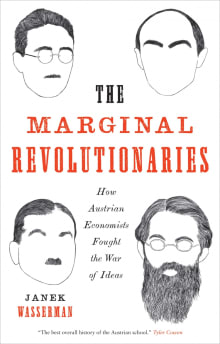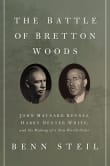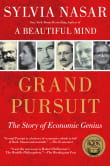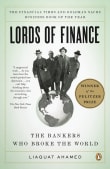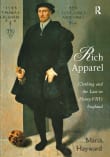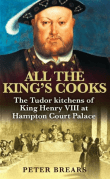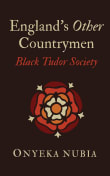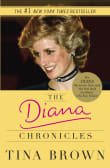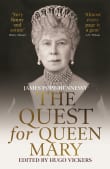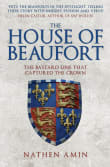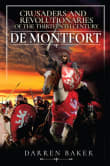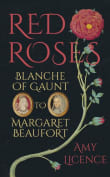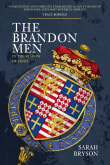
From my list on the Adam and smith of modern economics.
Why are we passionate about this?
AO: I have been intrigued by the Adam and smith (a play on Adam Smith’s name due to K. Boulding) of social sciences ever since, as a graduate student, I was given the privilege to teach a history-of-thought course. I found a lot of wisdom in Smith’s works and continue to find it with every new read. BW: I first met Adam Smith when I was studying for my master’s degree in economics almost twenty years ago. Since then, I have enjoyed rereading him, always finding new sources of fascination and insights. For me, Smith's work is endlessly rich and remains astonishingly topical, three centuries after his birth.
Andreas and Benoit's book list on the Adam and smith of modern economics

Why did Andreas and Benoit love this book?
Phillipson’s book is, for us, the best intellectual biography about Smith.
It provides a balanced overall account of Smith’s economics and wider thought and traces their origins and evolution back to the places where Smith lived. It is a very fine read indeed. Quite possibly it is the most insightful book yet on Smith’s life and work.
It is a must-read for Smith scholars. It is also an important corrigendum to the many accounts that describe Smith as an absent-minded professor, somewhat detached from the world. Phillipson argues convincingly that Smith, while he may have had Asperger’s, was a man of the world, a very competent administrator in academic and other matters, and a much sought-after policy advisor at the highest level.
2 authors picked Adam Smith as one of their favorite books, and they share why you should read it.
Adam Smith is celebrated all over the world as the author of The Wealth of Nations and the founder of modern economics. A few of his ideas - such as the 'Invisible Hand' of the market - have become icons of the modern world. Yet Smith saw himself primarily as a philosopher rather than an economist, and would never have predicted that the ideas for which he is now best known were his most important. This book, by one of the leading scholars of the Scottish Enlightenment, shows the extent to which The Wealth of Nations and Smith's other great…


